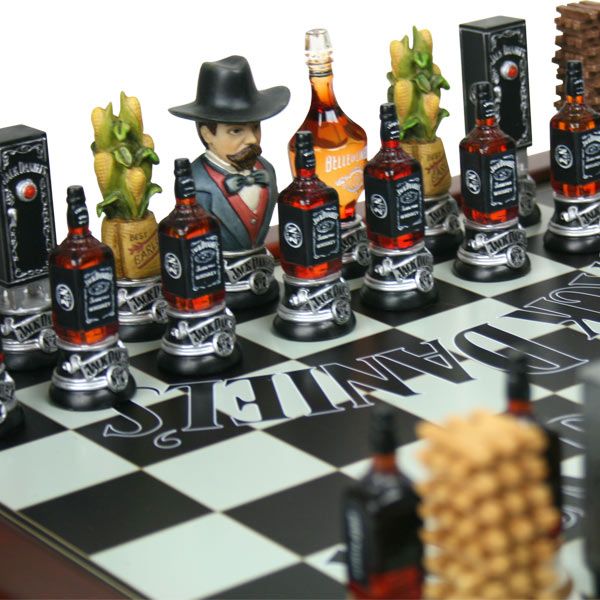In Scotland in the 15th century, the ruler’s money came in and it went out, much like every other place at every other time. It did so via the Exchequer.
The word comes from the medieval Latin scaccarium, or “chessboard”, these royal accounts being kept with counters on a chequered cloth.
On 1 June 1495, the Exchequer records, or Rolls, recorded:
To Friar John Cor, by order of the King, to make aqua vitae VIII bolls of malt.
Scholars agree that this is the first record of whisky. You see, “whisky” comes from uisge beatha, Gaelic for “water of life”, and the record is an example of a people’s language being adapted by their ruler’s officials into the official language, here, Latin.
It’s dangerous to go much further. On one view, the Irish, ie the Gaels over the sea, later became concerned at their cousins’ quality control, and came up with “whiskey” as a product differentiation. In English-speaking countries, eau de vie covers something made from any fruit except the grape, while in French, the term is, generically, distilled spirits. And then there’s the problem if you use anything without reading the EU regulations, even in a post-Brexit world.
By the bye, “boll” was the basic dry measure used in Scotland. For those who liked their alcohol wet, the basic measure for liquids derived from the Latin pinctum, to paint, and was “pint”. The next time you want to paint the town red, you may have to think about the lubricant.
